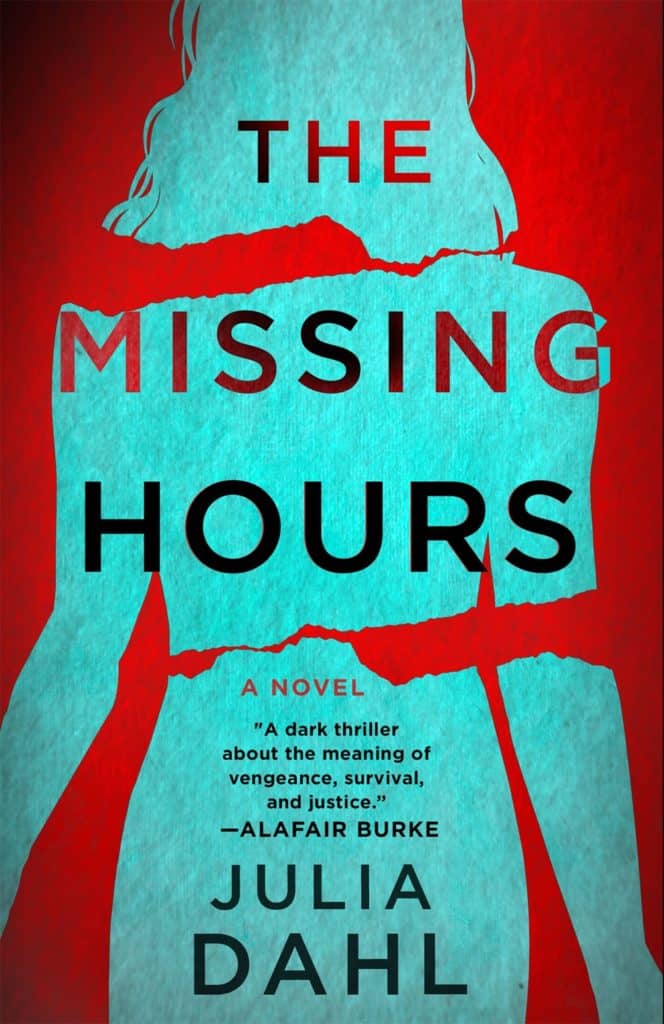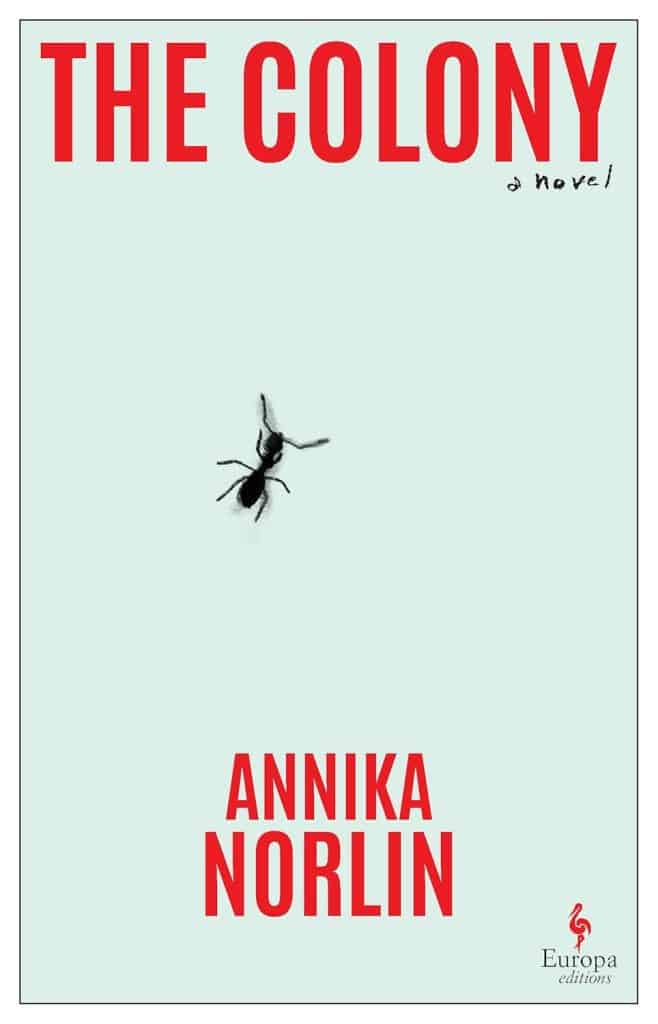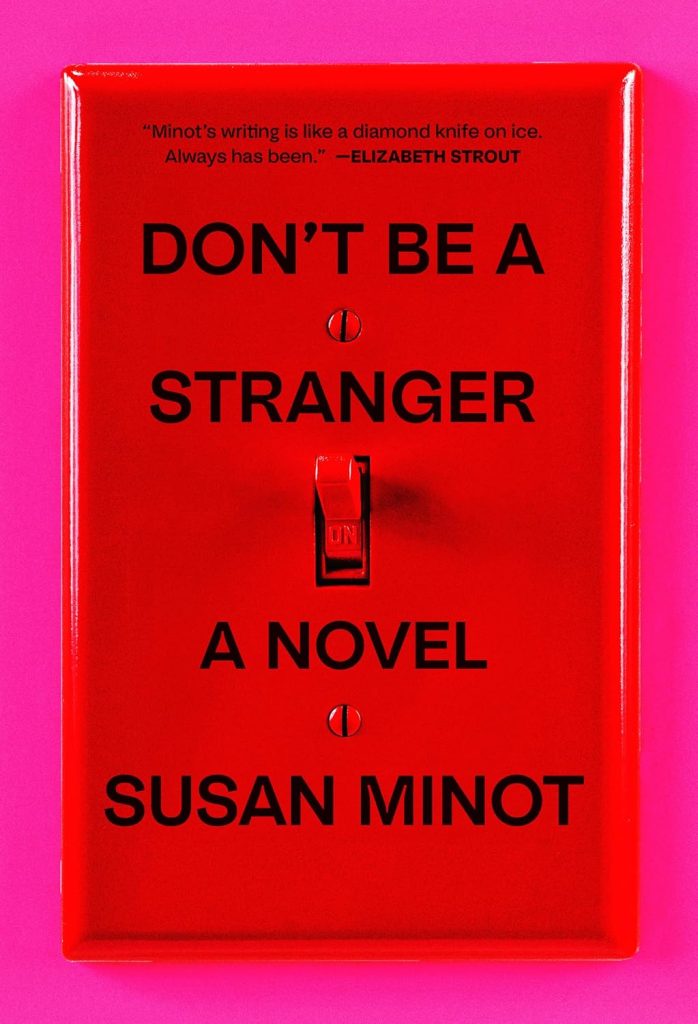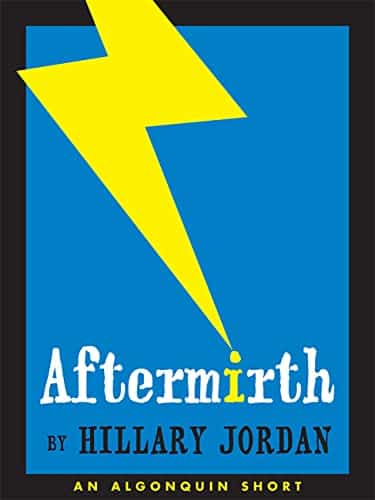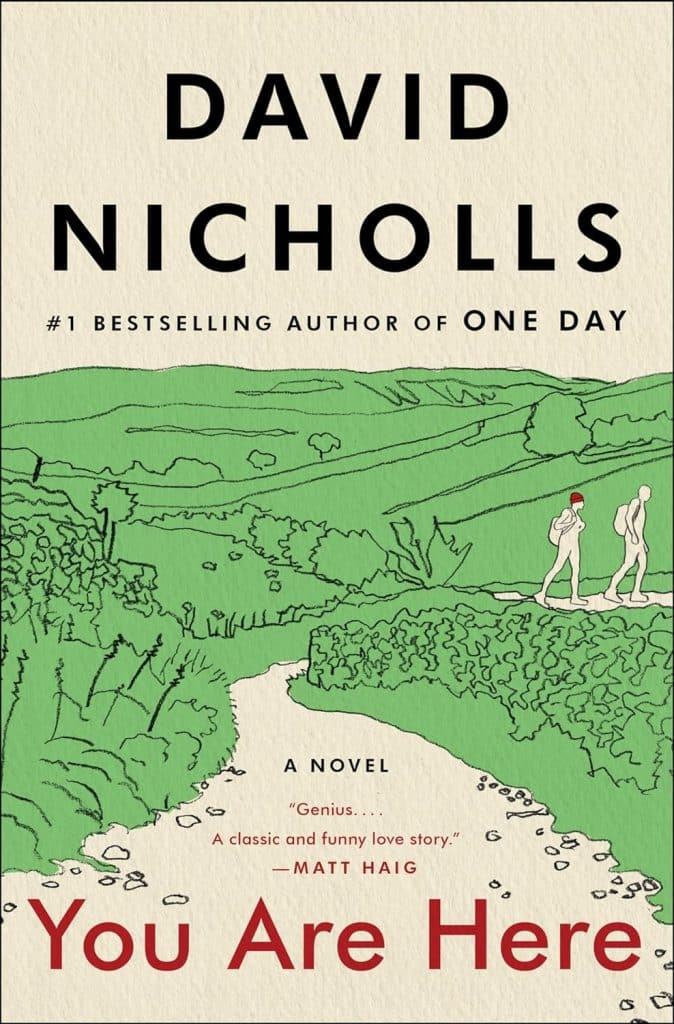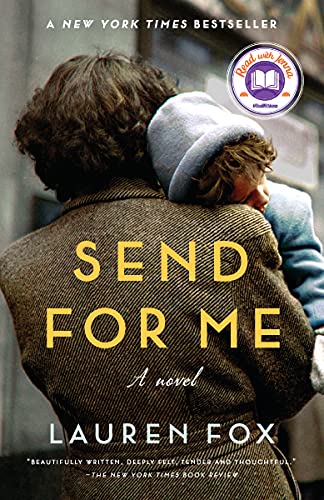Giving Thanks to Jan
Estimated reading time: 11 minutes, 16 seconds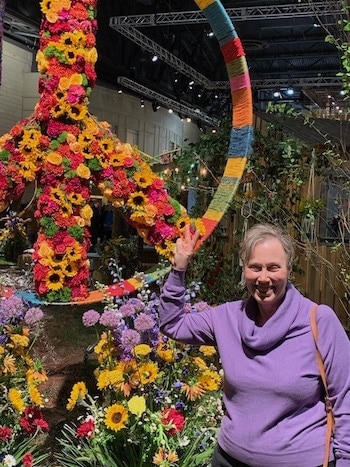
November 26, 2020
It does not need to be very large,” Jan said as I got out of the car to go into Whole Foods. It was another Thanksgiving when it would just be the two of us. We had agreed to buy a small turkey breast, and we had most of the other sides. If there were anything we did not have, I would go to Dreyer’s Farm.
We continued home after that stop. We had been returning from a follow-up medical appointment.
Jan wanted to help cook on Thanksgiving, but the more she tried to help, the more exhausted she became.
“Please sit down and rest,” I said, “I can handle the kitchen this year, and you can direct me from the couch.”
She finally agreed.
I helped her to the table when everything was ready and served her Thanksgiving dinner like a waiter in a classy restaurant.
We talked about everything except her health. It was not off-limits, as we talked about this at other times. Tonight was a chance to catch up on so many other topics.
It might not have been a Norman Rockwell Thanksgiving, but it was perfect for the two of us.
I started to clean up, and Jan rose from her chair. “I can help,” she said as her voice began to crack.
In all the years we were together, I never remember saying no to her. But this time, I did.
“Let me do this tonight,” I said, “and next time, you can help me.”
I helped her to her favorite couch and covered her with a blanket.
I had placed all of the dishes into the dishwasher and only needed to do the pots and pans when I remembered her evening meds. I took a glass of water over to her with her pills.
“Jan, it looks like you are getting exhausted,” I said, “Why don’t I help you get into bed, and then I can finish cleaning up?”
I want to be with you so very much,” she said as she fought back her tears.
“Me too! I will be upstairs as soon as I finish.”
I helped her up the stairs and into our bedroom and then helped her undress. I found her favorite nightgown, the one with cows, and helped her put it on.
Earlier in the year, she had fallen in the bathroom, so I stood by her while she brushed her teeth and washed her face.
Holding her as she walked to the bed, I told her how much I loved her. She smiled, and we kissed.
Once she was comfortable in bed, I gave her another kiss and said I would be back as soon as possible.
I finished the pots and pans and started the dishwasher, turned out the lights, and went upstairs.
When I got into bed, I thought she was asleep. I kissed her lightly and put my arm loosely over her.
After a few minutes, her eyes opened.
“Are you OK?”
“Yes,” she said with tears rolling down her face. “I don’t feel like I am a woman anymore. My body is bloated; I hurt everywhere; I can’t imagine why you would want to look at me….
I tried to comfort and reassure her. But Jan kept repeating that she did not feel like a woman anymore.
I moved my hand and tried to caress her, but the neuropathy made my touch more painful than pleasurable. Lifting myself, I was able to re-position myself to help pleasure her.
Don’t stop, please don’t stop,” she cried. I was unsure if she was in pain or pleasure.
Eventually, she said to me, “That was so wonderful! What can I do to help you?”
“Nothing, my dear, all I have ever needed was your love, and I have that today, and I always will!”
After almost 48 years, I recently lost my wife, Jan Lilien. Like The Little Prince, Jan and I believed that “The most beautiful things in the world cannot be seen or touched, they are felt with the heart.” This blog is a collection of my random thoughts on love, grief, life, and all things considered.


